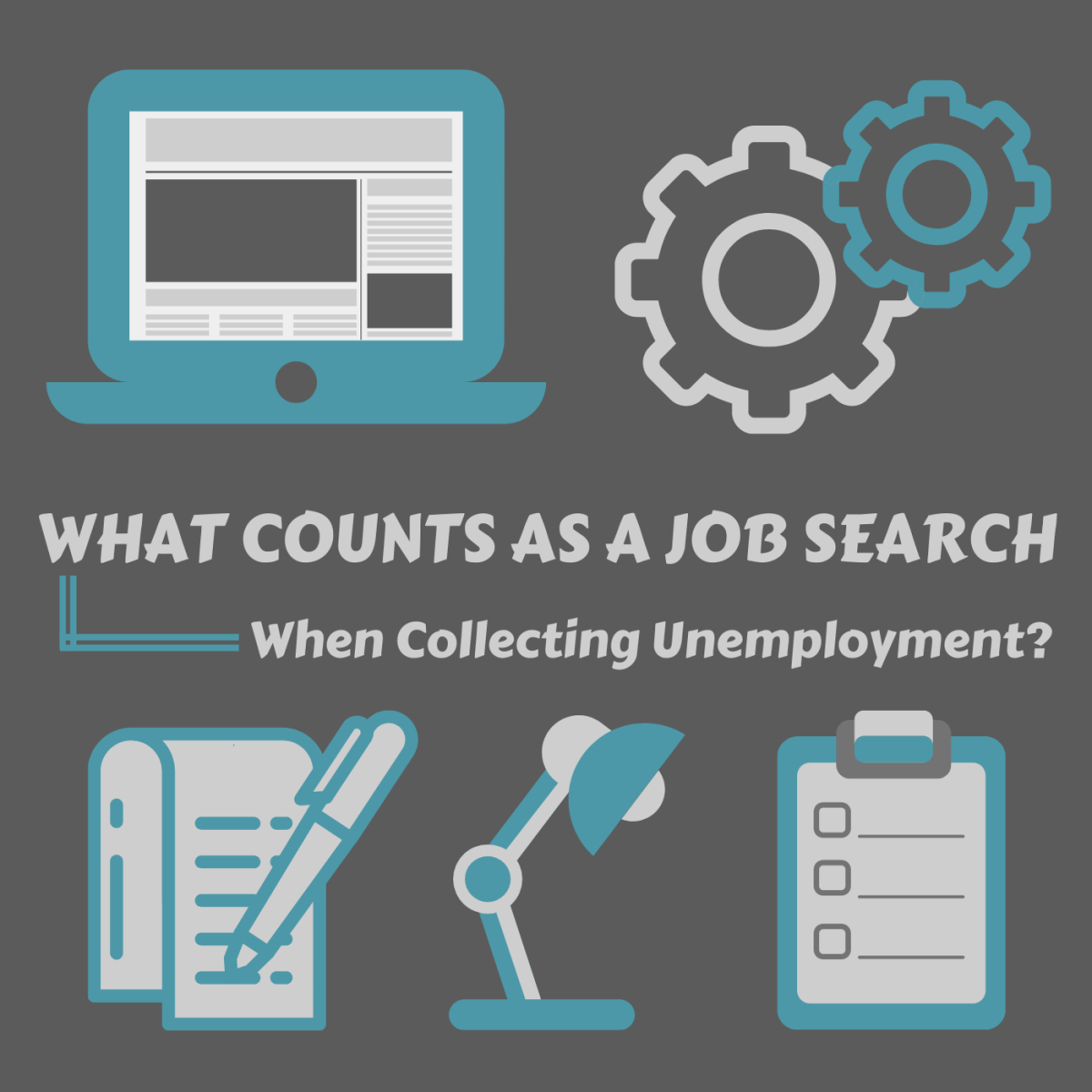Dealing with the Failure of your Insurance Company

Insurance policies, no matter what their type, are designed to provide you with a financial security blanket in the case of unforeseen circumstances. Unfortunately, even insurance companies can occasionally fail, leaving you in the lurch. How can you minimize the chances of this happening to you, and what steps should you take if it does happen?
Insurance Guarantee Fund
In the case of an insurance company failure, the lion’s share of the responsibility for protecting the company’s customers falls to the state government, rather than the federal government. If the company actually goes bankrupt, the state’s insurance guarantee fund will (hopefully) be sufficient to protect the individuals who held insurance policies with that company. Any remaining assets owned by the bankrupt company will be placed in this fund. Each state’s specific regulations for this type of situation are different; for example, the coverage limits for annuity benefits, life insurance and the like can vary quite a bit from state to state.

Policy Splitting
If you are concerned that your state’s coverage limits may not be sufficient to meet your needs, you might want to consider taking out two or more policies with multiple companies. Some individuals follow a similar strategy for their savings accounts; since the FDIC only insures up to $250,000 per account in most cases, people who wish to save more than that amount sometimes split their savings between multiple accounts at different banks.
The same principle can apply to insurance policies; if you are concerned that your state may not cover you sufficiently in the case of your insurance company’s failure, you could take the precaution of using multiple policies, a practice known as “layering.” It is important to remember, however, that these layered policies must be taken out from two different companies; multiple policies at the same company will not provide you with any additional state protection. This strategy is most common with life insurance and annuities.

State Ratings
Of course, even with the protections you can fall back upon from state regulations and your own preparations for an insurance company failure, it is still far preferable to avoid this type of situation in the first place. To minimize your chances of having to deal with the failure of your insurance company, you should first look closely at the financial rating of any company you are considering before you do business with them. You can find these ratings somewhere on your state’s official website; they range from “A++” down to “F,” or “S” for companies that are no longer rated at all. You should also examine reviews and evaluations of the company from reputable publications, especially those in the world of finance.

Customer Reviews
Customer ratings and reviews can also be worth examining. Of course, a negative individual review could mean nothing more than that that particular individual was a disgruntled or unreliable customer. Keep in mind, as well, that many of the individuals who take the time to post a review of an insurance company online will do so because they are dissatisfied for some reason; satisfied customers frequently will not bother to post. However, a large number of detailed reviews explaining specific problems with a particular company could indicate that you should take your business elsewhere.








